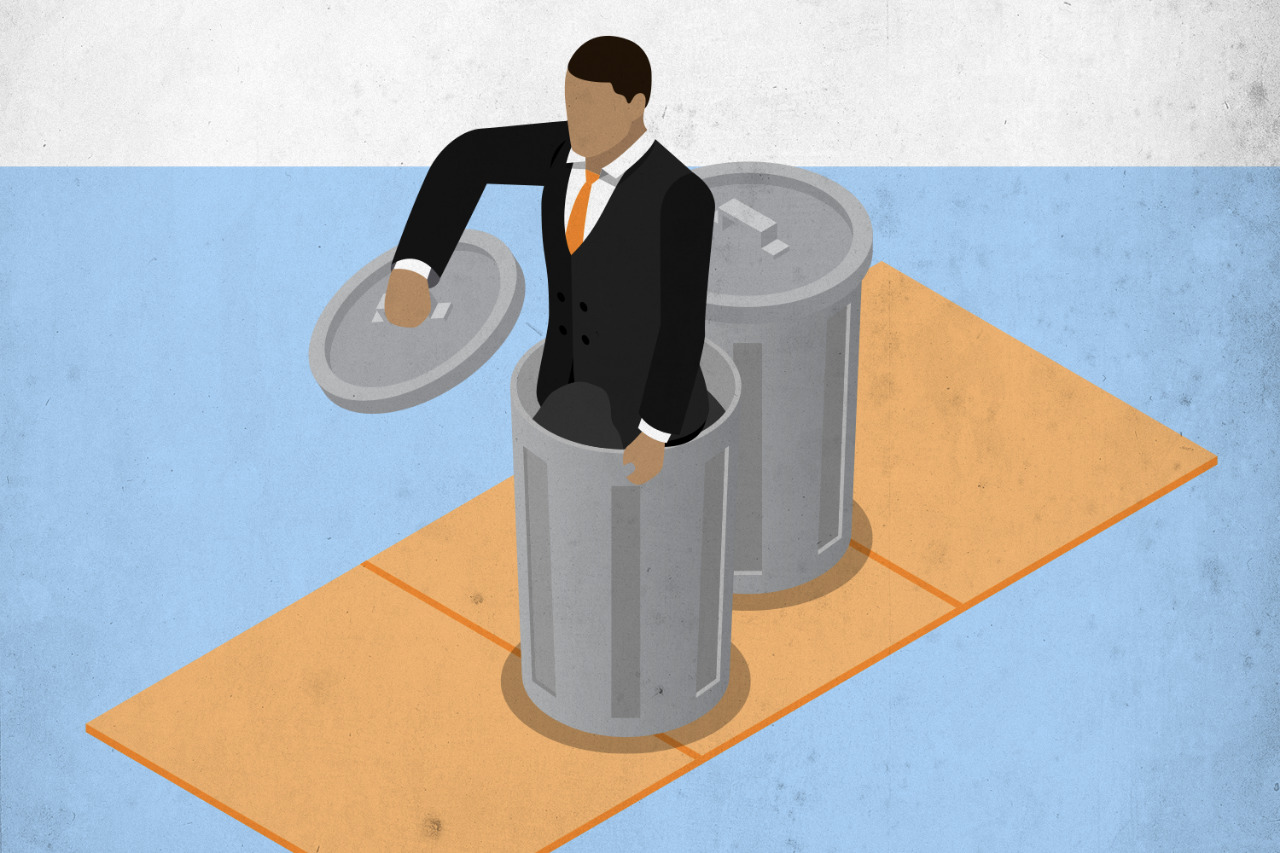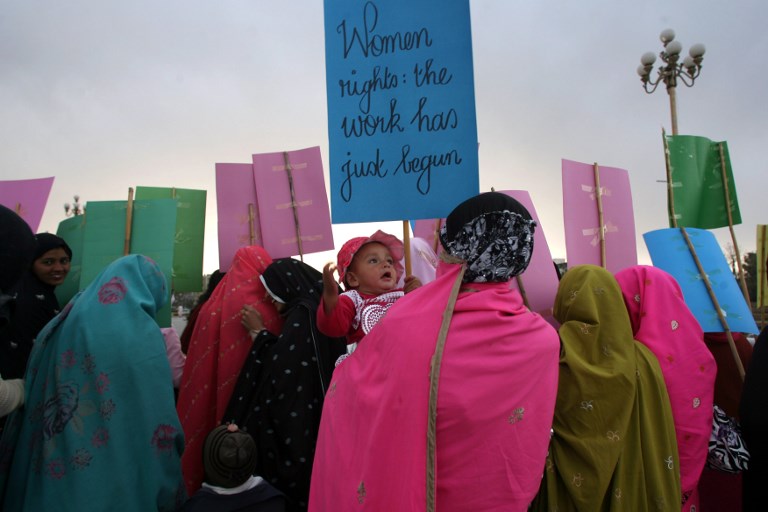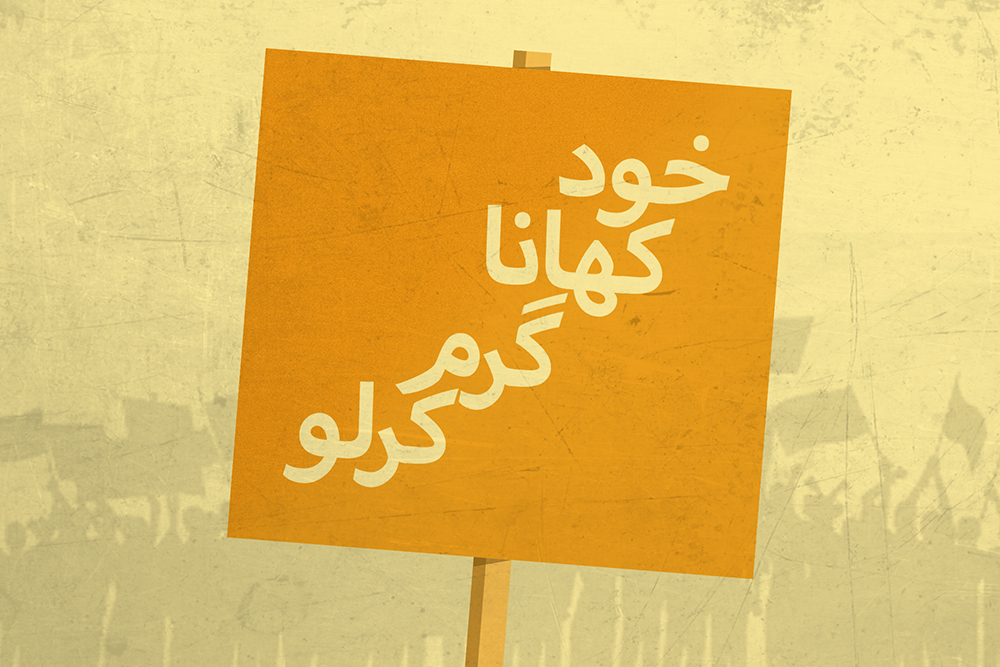KARACHI: Although the origins of the phrase ‘men are trash’ are unknown, it became popular recently as a hashtag on Twitter that became a trend where women were detailing their experiences dealing with a problematic male figure. The phrase was consciously influenced after the reporting of various sexual harassment cases and the #MeToo movement.

The intended goal of this hashtag was to raise awareness about the harmful attributes of society that women in specific have to deal with being part of a patriarchal society that subjects them to it. On the occasion that women have called out men for the trashy things they have done have often led to men or society in general taking offense to it, with Facebook banning almost every post that includes the phrase under the pretense of it being hate speech.
Read: How Desi Women Internalise Misogyny
It can be argued that the phrase is a response rather than a belief system. It can simply be a frustrated reaction towards the unfair treatment that women have suffered at the hands of a man/men. Most women who use the phrase usually explain that it stems from a relationship that has gone sour or the behavior of a man that led them to say it. The general consensus of those using the phrase “men are trash” has to do with what it embodies – i.e. it is mostly case-specific, hence it does not call for every man out there to read it and feel an inclination towards offence or segregation. It can be argued that ideally gender-attacking is unfair and should not be employed in any way but most users of the phrase argue that that is not what they are doing and that context is important in order to call out certain men who need that reminder.
But is this leading society into a gender-specific narrative that allows men to center themselves on feminist issues? It might. There have been several videos and tweets that might suggest how men could perceive an almost holier-than-thou stance on feminist issues such as this one whereby men believe a certain sense of superiority is the reasoning behind women calling them out on problematic issues which men believe to be made up. In other words, men believe that calling them trash over something they wrongfully did is yet again another means to either get their attention or to find excuses to justify their own importance/superiority.
It is also worth noting that the phrase stems from the feelings that the person using the phrase has, at the hands of a bad experience, rather than the words itself. The key aspect to note here are the feelings, not the literal words. For instance, if one is to decode the phrase it can quite literally make people assume shared characteristics between trash and men i.e. they are smelly, decaying and worthy of being discarded. Even though this might be true of some men (even women), it is not a simple battle of hygiene that is being aimed at and rather the feelings and emotional distress that some men are capable of subjecting women to via sexual harassment,bullying and so on and so forth.
Awareness about the phrase is something that can enable the phrase in a positive way rather than leading to a victim/attacker tone that it currently has online. Yes, there might be some users online that could be using the phrase incorrectly or without any context but that is not what the initial usage of the phrase intended to stand for. Even though some might argue that the phrase is ‘too extreme’ or ‘demonizes men’, others would suggest that it is a powerful statement that society will take notice of and also help men to stand up and prevent themselves from making the same mistakes as the person who motivated the phrase did.
Sometimes the phrase isn’t what’s important, it’s the intentions of the user of being heard that is. In a patriarchal society where women are (and have been) encouraged to keep a silenced stance and not vocalise the injustice they face, it is most important for society as a whole to at least listen to any attempt made by a woman to change that.

 Design by Aamir Khan.
Design by Aamir Khan.











